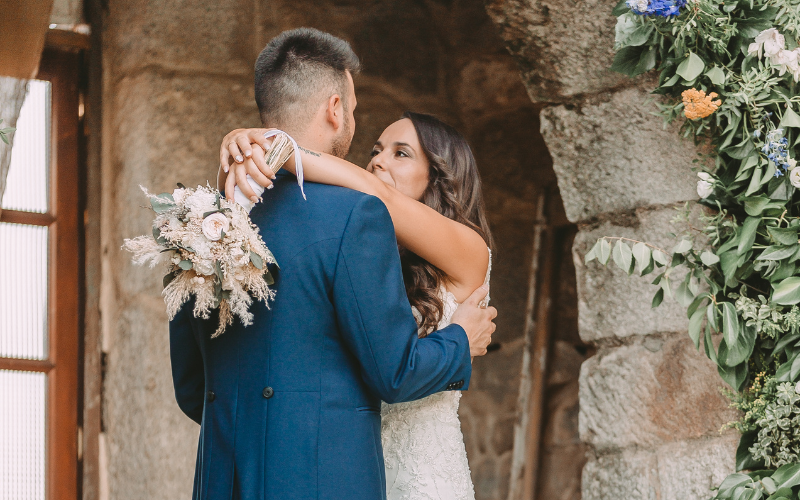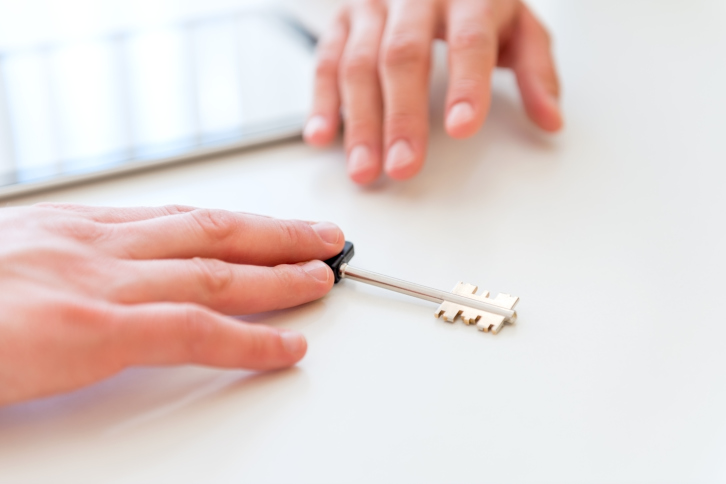Important Things To Know Before Signing Your Reverse Mortgage
 There are many reasons people take out reverse mortgages. However, this option is usually considered by cash-strapped seniors who own their homes and are looking to ease the burden of their golden years.
There are many reasons people take out reverse mortgages. However, this option is usually considered by cash-strapped seniors who own their homes and are looking to ease the burden of their golden years.
The beauty of reverse mortgages is that you’ll receive money as long as you are current on property taxes and homeowners insurance.
While this seems like an appealing opportunity, it’s a decision that should not be made lightly. Not only is the reverse mortgage complicated in itself, but homeowners make all sorts of mistakes when they’re too quick to sign the dotted line. So if you’re considering one, be wary of the common pitfalls below.
Buying Into A Scam
With reverse mortgages becoming a more common option for those over 62, mischievous opportunists are searching for ways to solicit seniors in need of help. Scammers will take advantage by charging high fees, funneling off parts of payments, creating fake loans or committing identity theft. Ensure you use a lender approved by the Federal Housing Association.
Confusing Your Payment Options
Reverse mortgages come in many forms. You can get the amount in one lump sum. Tenure payments are another option that give you a certain amount each month until you die or move out. There are also term payments, lines of credit, and modified tenure and term payments. You need to take the time to research your options and decide which one will be best for you in the long run.
Compromising Government Assistance
There are several government assistance programs that set asset limits on your monthly spending. These programs provide aid for low-income and disabled individuals. If any assistance programs financially support you, then be sure to consult their advisers before determining your reverse mortgage plan.
Disregarding Other Options
Reverse mortgages are extremely expensive and many people see them as their only option. However, there are other alternatives. Consider taking out a personal loan, downsizing or even taking on roommates. The Golden Girls always seemed to have fun.
A reverse mortgage could be just the thing to give you the extra cash flow you need and ease your mind. However, make sure you’re consulting a trusted home financing specialist, reading the fine print and have carefully considered all your options.

 Starter homes are incredibly popular for young couples who plan to have a family in the future but don’t need a large place yet.
Starter homes are incredibly popular for young couples who plan to have a family in the future but don’t need a large place yet. You may not see the connection right away, but buying a home and planning a wedding are two experiences that require certain skills and challenge you in similar ways. Check out the three key similarities below!
You may not see the connection right away, but buying a home and planning a wedding are two experiences that require certain skills and challenge you in similar ways. Check out the three key similarities below! If you’re in the process of buying a home, you probably have your deposit and monthly mortgage charges in a spreadsheet, along with a chart of your other expenses and your monthly income. But when it comes to buying a home, there are lots of different costs that will come into play – and it’s easy to forget something. When you’re preparing to close on your new home, make sure you consider these three closing costs that most buyers forget.
If you’re in the process of buying a home, you probably have your deposit and monthly mortgage charges in a spreadsheet, along with a chart of your other expenses and your monthly income. But when it comes to buying a home, there are lots of different costs that will come into play – and it’s easy to forget something. When you’re preparing to close on your new home, make sure you consider these three closing costs that most buyers forget. Savvy home buyers who are preparing to make a real estate purchase should do their research and understand that they need to save money for not only the down payment, but the closing costs as well. The closing costs can account for as much as three to five percent of the sales price in some cases, so this can be a rather sizable amount of money. Some home buyers however, may not realize that the amount of closing costs can vary considerably based on the home that is purchased. With a closer look at why this is, home buyers can make a more educated decision when selecting a home to purchase.
Savvy home buyers who are preparing to make a real estate purchase should do their research and understand that they need to save money for not only the down payment, but the closing costs as well. The closing costs can account for as much as three to five percent of the sales price in some cases, so this can be a rather sizable amount of money. Some home buyers however, may not realize that the amount of closing costs can vary considerably based on the home that is purchased. With a closer look at why this is, home buyers can make a more educated decision when selecting a home to purchase.